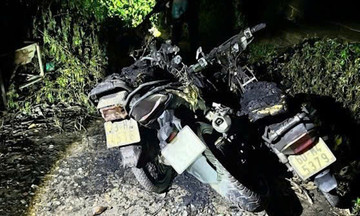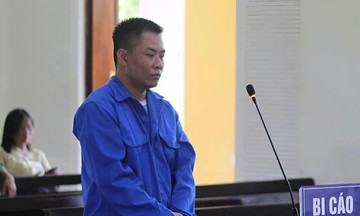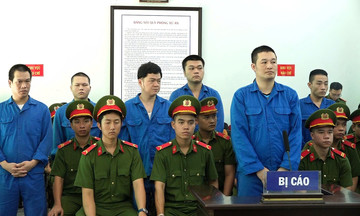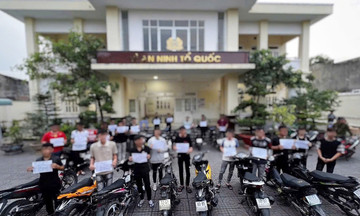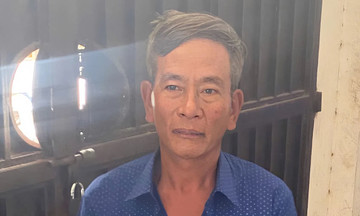This is a new element of the revised Criminal Procedure Code, which the government presented to the National Assembly Standing Committee on the morning of 12/8.
Deputy Minister of Public Security Le Quoc Hung stated that the policy of collecting biometric information builds upon current regulations. Currently, all inmates are required to provide personal information upon entering prison. This draft adds biometric information, such as DNA, iris scans, blood type, and voice recordings.
The deputy minister asserted that this regulation serves management purposes and does not violate human rights. He pointed out that ordinary citizens also voluntarily provide biometric information to state management agencies for bank accounts, taxes, and business activities.
The Ministry of Public Security's existing infrastructure for storing human data is fully equipped to collect biometric information without incurring additional costs or requiring new staff. "We can implement this in all prisons and detention centers, ensuring compliance with Resolution 57," Hung said.
 |
Deputy Minister of Public Security Le Quoc Hung. Photo: National Assembly Portal |
Deputy Minister of Public Security Le Quoc Hung. Photo: National Assembly Portal
Reviewing this content, Chairman of the Law Committee Hoang Thanh Tung said that most members of the committee supported the collection of biometric information from prisoners who do not yet have this information on file.
However, this requirement will incur significant costs. Tung requested that the drafting agency clarify the purpose of collecting this information. He also emphasized the need to increase the application of digital transformation and information technology to share and update data, avoiding waste during implementation.
In addition to the above, the revised Criminal Procedure Code also includes several other notable new points to meet the requirements of streamlining the government apparatus and implementing the two-tiered local government model. These include provisions assigning certain criminal procedure tasks to commune-level police; and allowing prisoners to donate tissue and organs, as well as store eggs and sperm, in accordance with the law.
Commune-level People's Committees will manage, supervise, and educate individuals serving criminal sentences in the community. Commune-level police chiefs will assist the People's Committees in this task. The draft law also includes provisions for prisons to organize labor for prisoners both inside and outside the prison to promote rehabilitation, develop work skills, and prepare them for reintegration into the community.
The draft also adds provisions for conditional early release, suspended sentences, non-custodial reform sentences, probation, and the deprivation of certain citizen rights, as well as compulsory medical treatment.
The revised Criminal Procedure Code will be submitted to the National Assembly for review and approval under a shortened process at the 10th session.
Son Ha




